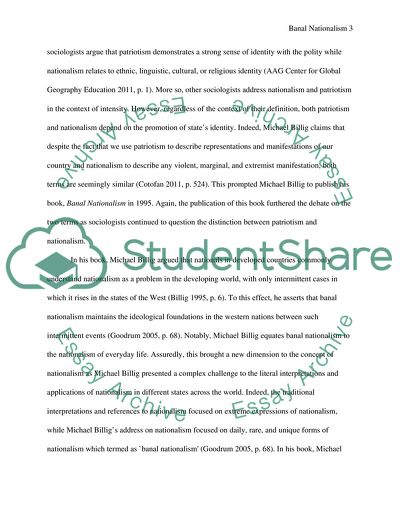Cite this document
(Michael Billigs Banal Nationalism Book Report/Review, n.d.)
Michael Billigs Banal Nationalism Book Report/Review. https://studentshare.org/sociology/1805801-essay-questions-for-jya-studying-for-one-term-only
Michael Billigs Banal Nationalism Book Report/Review. https://studentshare.org/sociology/1805801-essay-questions-for-jya-studying-for-one-term-only
(Michael Billigs Banal Nationalism Book Report/Review)
Michael Billigs Banal Nationalism Book Report/Review. https://studentshare.org/sociology/1805801-essay-questions-for-jya-studying-for-one-term-only.
Michael Billigs Banal Nationalism Book Report/Review. https://studentshare.org/sociology/1805801-essay-questions-for-jya-studying-for-one-term-only.
“Michael Billigs Banal Nationalism Book Report/Review”. https://studentshare.org/sociology/1805801-essay-questions-for-jya-studying-for-one-term-only.


